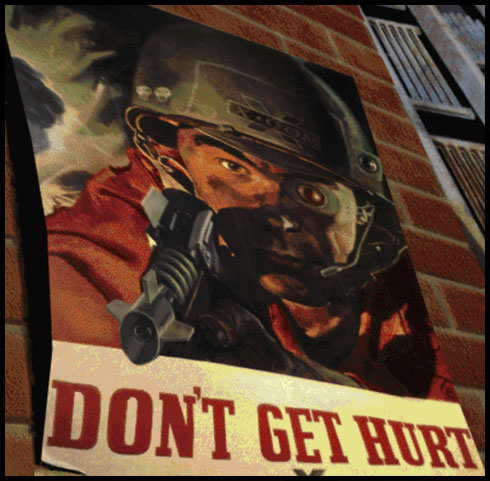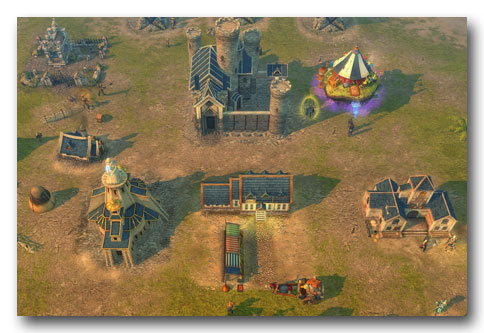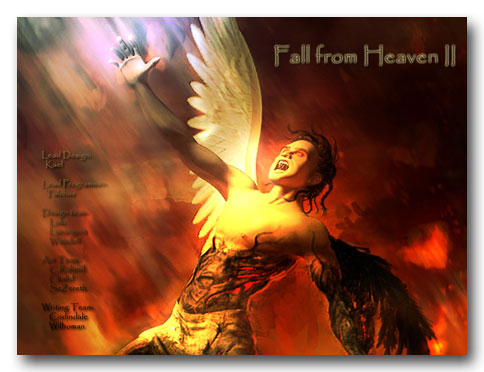It is the year 2012 and according to ancient Mayan beliefs and prophecies, this is the year writers are obliged to make cute references to the Apocalypse in their intros. Even when discussing X-COM: Apocalypse.

The Steam version of X-COM: Apocalypse utilises the brilliant emulator, DOSBox, which runs the game in fullscreen mode by default. Although it’s perfectly playable that way, X-COM’s top scientists have determined that staring at blown-up jaggies on large displays for prolonged periods of time is not conducive to defending Mega-Primus because the experience is, and here I quote their report, “like, a total downer, man.”
(Memo to self: forbid top scientists from conducting further “research” on Psyclone.)
Fortunately, DOSBox is easily configurable. Unfortunately, its ins and outs may not be intuitive. For instance, running X-Com: Apocalypse in a DOSBox window is easy enough: change the fullscreen setting to “false”. The downside is the gripping drama in Mega-Primus plays out in an itsy-bitsy 640×480 window and our top scientists, impaired as they were, were frustrated in their attempts to scale the window. X-COM operative “Major Isoor”, looking to solve another problem, has the solution. The trick is to change both the windowresolution and the output settings.
The DOSBox file to tweak is dosbox.conf, which in Steam’s default installation is located in Program Files/Steam/steamapps/common/xcom apocalypse. (Be sure to back up the dosbox.conf file before editing it.)
To run the game in a 1024×768 window, make the following edits.
fullscreen=false
fulldouble=false
fullresolution=original
windowresolution=1024×768
output=ddraw
If the game feels a little sluggish running under DOSBox, experiment with the cycles setting. A 30000 setting feels right on my machine but 20000 might be a good place to start.
cycles=20000
To prevent the opening cinematic from playing every time the game launches, locate the “xcomapoc.exe” line in dosbox.conf and make the following change:
xcomapoc.exe skip
With that taken care of, Commander, let me remind you of your mandate from the Senate: invaders must die.





